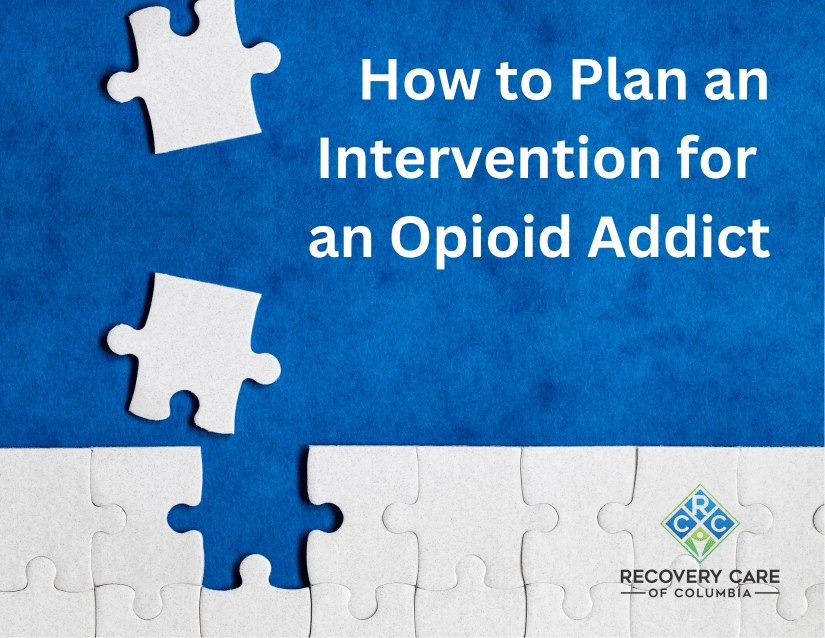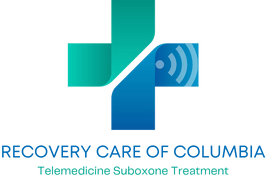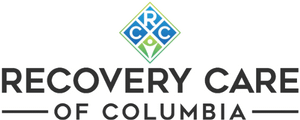Addiction Clinic Near Me, Addiction Treatment Online Tennessee, AmeriGroup Wellpoint, Blue Care Virtual Suboxone Clinic, Blue Cross Blue Shield BCBS Health Insurance Accepted, BlueCare Medicaid, BlueCare Suboxone Telemedicine, Drug Addiction Treatment, Fake Oxycodone Pills, Fentanyl Addiction, Fentanyl Overdose, Fentanyl Oxycodone Pills, Nashville Addiction Clinic, Recovery Care of Columbia, Suboxone Clinic Near Me, Suboxone Clinic Online, Suboxone Delivered, Suboxone Delivery, Suboxone Doctor Accepting TennCare Medicaid, Suboxone doctor near me, Suboxone Doctor Near You, Suboxone Near Me, Suboxone Online Prescription, Teladdiction Provider of Tennessee, TennCare Amerigroup Accepted, TennCare BlueCare Accepted, TennCare Suboxone Telemedicine, TennCare Suboxone Telemedicine Addiction Treatment, TennCare Suboxone Telemedicine Doctors, TennCare Telemedicine Suboxone Program for Tennessee, TennCare Tennessee Telemedicine Suboxone Program, TennCare United Healthcare Accepted, TennCare Virtual Suboxone, TennCare Virtual Suboxone Clinic, TennCare Wellpoint, Tennessee Suboxone Telemedicine, United Healthcare Health Insurance Accepted, United Healthcare Medicaid, United Healthcare Suboxone Telemedicine, United Healthcare Virtual Suboxone Clinic, Virtual Suboxone Clinic, Virtual TennCare Suboxone, Wellpoint Insurance, Wellpoint Insurance Accepted, Wellpoint Insurance Suboxone Treatment
How to Plan an Intervention for an Opioid Addict

Doing an effective intervention for drug abuse requires careful planning and sensitivity. Here are some key steps to consider:
Before the Intervention:
- Seek professional guidance: Consult a therapist, addiction specialist, or interventionist to develop a personalized plan.
- Gather your team: Choose close friends and family members who genuinely care about the person and can calmly express their concerns. Avoid anyone who might be confrontational or judgmental.
- Educate yourselves: Learn about addiction, the specific drug(s) involved, and the withdrawal process. Knowledge fosters understanding and avoids harmful stereotypes.
- Plan the intervention: Decide on the location, time, and format (e.g., sit-down conversation, letter). Aim for a calm, private environment where everyone feels comfortable speaking openly.
- Prepare your statements: Each participant should have specific examples of how the person’s drug abuse has negatively impacted them and their relationships. Focus on “I” statements and avoid accusatory language.
- Research treatment options: Identify potential treatment programs and resources to offer during the intervention.
During the Intervention:
- Start with love and concern: Express your care and worry about the person’s well-being. Avoid blame or shame, and focus on the positive outcomes of recovery.
- Share specific examples: Each team member should calmly and honestly articulate how the person’s drug use has affected them, their relationships, and their life in general. Avoid exaggerating or making personal attacks.
- Focus on solutions: Offer support and encouragement for seeking professional help. Present researched treatment options and express your willingness to help them through the recovery process.
- Listen actively: Allow the person to speak openly and express their feelings without judgment. Listen attentively and validate their concerns.
- Respect their decision: Recognize that they may not be ready to accept help immediately. Be prepared for a range of responses and avoid pushing them into a decision they’re not ready for.
After the Intervention:
- Follow through: Regardless of their initial response, continue to offer support and encouragement. Help them access treatment if they decide to seek it.
- Be patient: Recovery is a long and challenging journey. Be patient, offer ongoing support, and celebrate their progress along the way.
- Take care of yourself: Supporting someone with addiction can be emotionally draining. Prioritize your own well-being and seek support for yourself if needed.
- Recommend group recovery: Group recovery provides a sense of community, support, sponsorship and other resources that can be helpful for successful recovery. Please visit our group recovery resources page for detailed information.
Register for Online Treatment 24/7
Remember, an intervention is just one step in the recovery process. Be respectful, understanding, and offer ongoing support to empower your loved one on their journey towards a healthy and fulfilling life.



